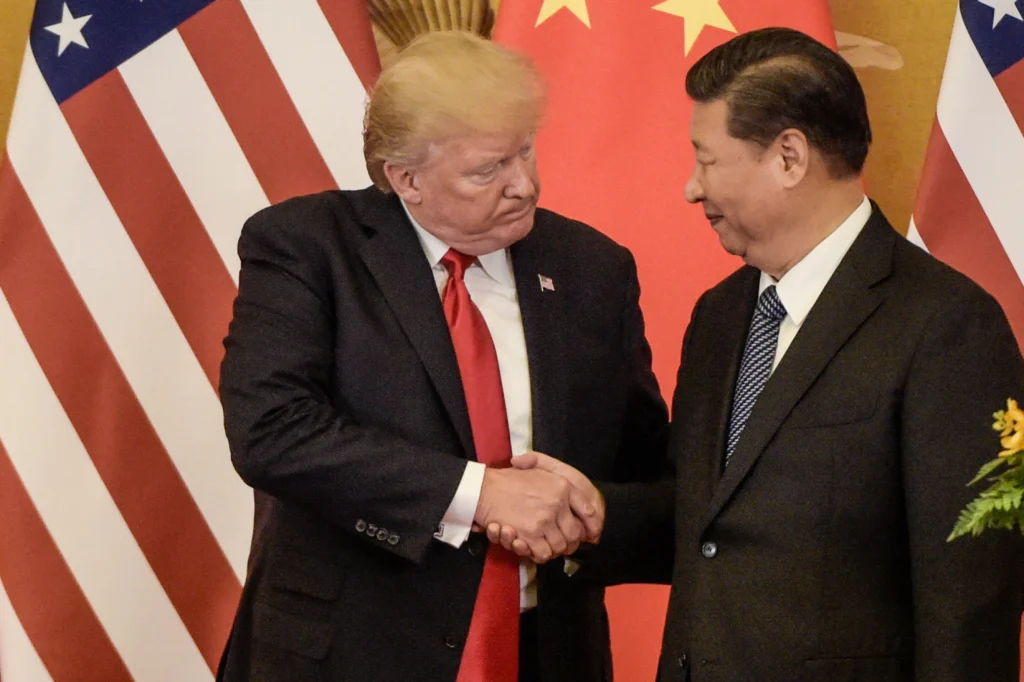EduInvesting | 15 May 2025
After years of diplomatic roasting, tariff tantrums, and more finger-pointing than a kindergarten classroom, the U.S. and China just did the unthinkable:
They decided to play nice.
Yes, in what might be the most unexpected twist since Elon Musk didn’t rename Twitter again, the world’s top two economies have agreed to roll back certain tariffs, re-open bilateral trade routes, and — wait for it — establish a “digital trust zone.”
Is this real peace? Or just a tactical pause before Round 4 of Trade Street Fighter?
Let’s dive deep.
📜 What Happened?
Earlier this week, top trade officials from both nations signed a “Reciprocal Economic Framework” — basically a rebooted version of every past broken deal.
Here’s what’s inside:
| Provision | What It Means |
|---|---|
| Tariff Rollbacks | 20% of Trump-era tariffs to be lifted |
| Tech Licensing Eased | More flexibility in semiconductor/IP sharing |
| Digital Trust Zone | Common data-sharing & cloud rules (pilot) |
| Agricultural Pact | China resumes large-scale U.S. soy imports |
| Green Energy Trade | Solar, EV component trade liberalized |
It’s basically an economic “Let’s agree to disagree, but still make money” arrangement.
💬 Who Said What?
Janet Yellen (U.S. Treasury Secretary):
“Constructive engagement is
the need of the hour.”
Wang Wentao (China’s Commerce Minister):
“We are opening a new chapter of mutual respect and win-win cooperation.”
EduInvesting:
“This looks peaceful until Taiwan trends on X again.”
🧠 Why Now?
1. Inflation is Making Everyone Nervous
Both nations need price stability. Tariffs = expensive imports = angrier voters. With elections looming in both countries (U.S. 2024 just passed, China 2026 Party Congress coming), economics > ego.
2. AI & Chip Wars Escalated Too Fast
China wants Nvidia. U.S. wants control. Both want a semi-civilised semiconductor solution.
The rollback helps U.S. firms (Intel, AMD) sell low-end chips again, and China can reduce its dependency on black-market GPUs.
3. China’s Economy Isn’t Booming Anymore
Post-COVID, China’s youth unemployment, debt crisis, and

